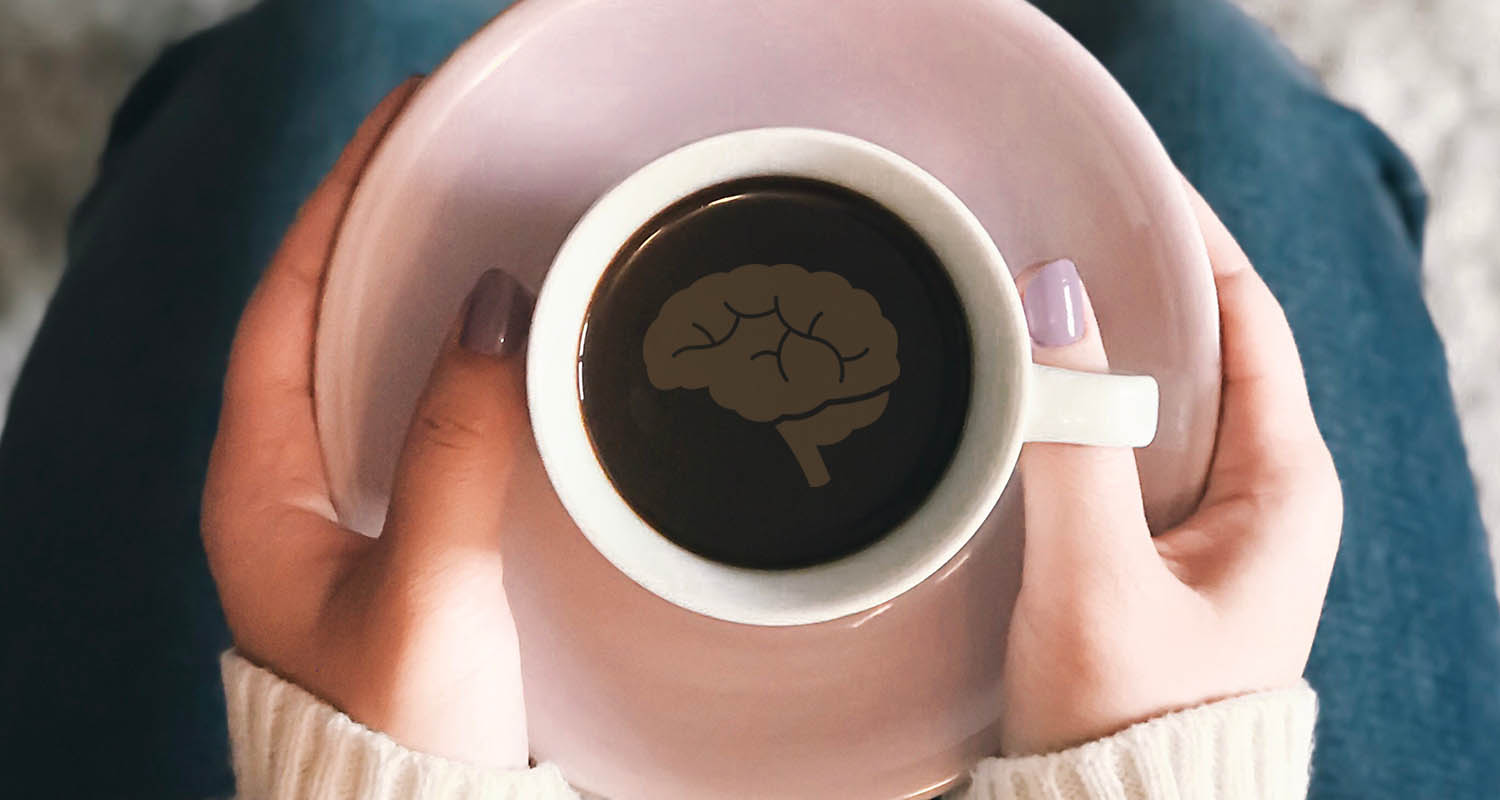
- After water, coffee is the most popular drink in the world. It improves your focus, mood, reaction time, and mental resilience.
- The caffeine in coffee blocks adenosine receptors in your brain, keeping you from getting sleepy and enhancing your ability to concentrate.
- Coffee also increases dopamine, giving you a mood boost and further improving your cognition.
- Coffee lasts about 12 hours. Read on for a detailed timeline of how it benefits your brain, hour by hour.
More than 2 billion people start their day with coffee every morning, including about 85% of Americans.[ref url=”http://www.ncausa.org/Industry-Resources/Market-Research/National-Coffee-Drinking-Trends-Report”][ref url=”https://www.ncbi.nlm.nih.gov/pmc/articles/PMC4462044/”] Coffee is the second most popular beverage in the world (after water), and caffeine is by far the world’s most popular drug.[ref url=”https://www.jyi.org/2007-november/2007/11/10/caffeine-understanding-the-worlds-most-popular-psychoactive-drug”] Coffee has numerous benefits — thanks to the effects of caffeine and other compounds. It makes you sharper, faster, stronger, and more mentally resilient.[ref url=”https://www.ncbi.nlm.nih.gov/pmc/articles/PMC4462044/”][ref url=”https://www.ncbi.nlm.nih.gov/pubmed/29474816″][ref url=”https://www.ncbi.nlm.nih.gov/pmc/articles/PMC2891534/”]
But how does coffee actually work its magic? Let’s take a look at the neuroscience of coffee’s benefits: what it does to your brain, when the effects of caffeine kick in, and how long they last.
How much coffee (and caffeine) is too much?
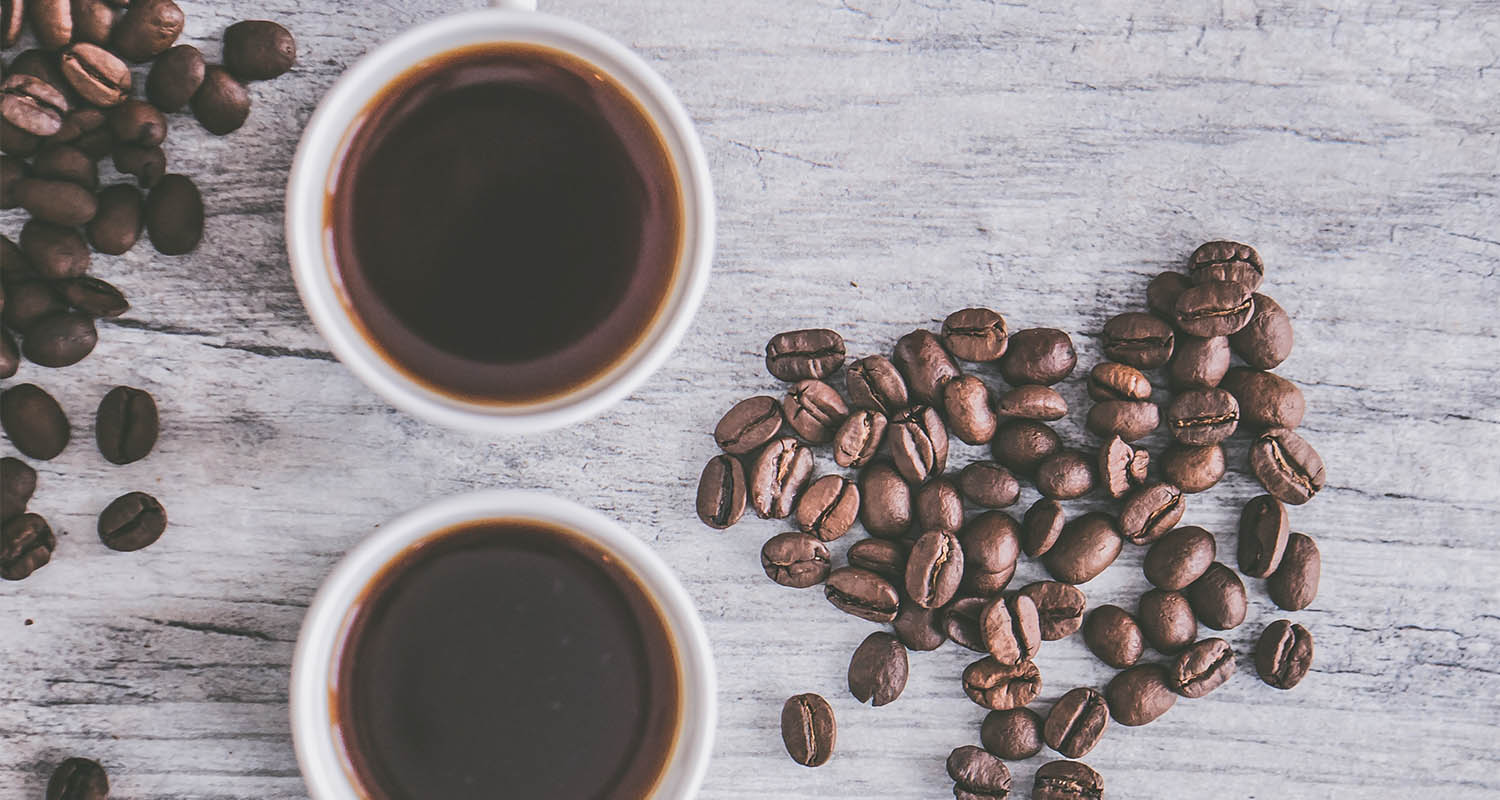
If you drink too much caffeinated coffee, a lot of its benefits flip on their heads. Heightened mood gives way to irritability, focus devolves into jitteriness, and calm productivity becomes stress and anxiety.[ref url=”https://www.ncbi.nlm.nih.gov/pmc/articles/PMC2257922/”]
To maximize coffee’s benefits and minimize caffeine’s side effects, a good rule of thumb is to stick to 1-3 cups of coffee a day. After that, switch to decaf.
Now let’s talk about how coffee impacts your brain.
Caffeine and adenosine: why coffee wakes you up
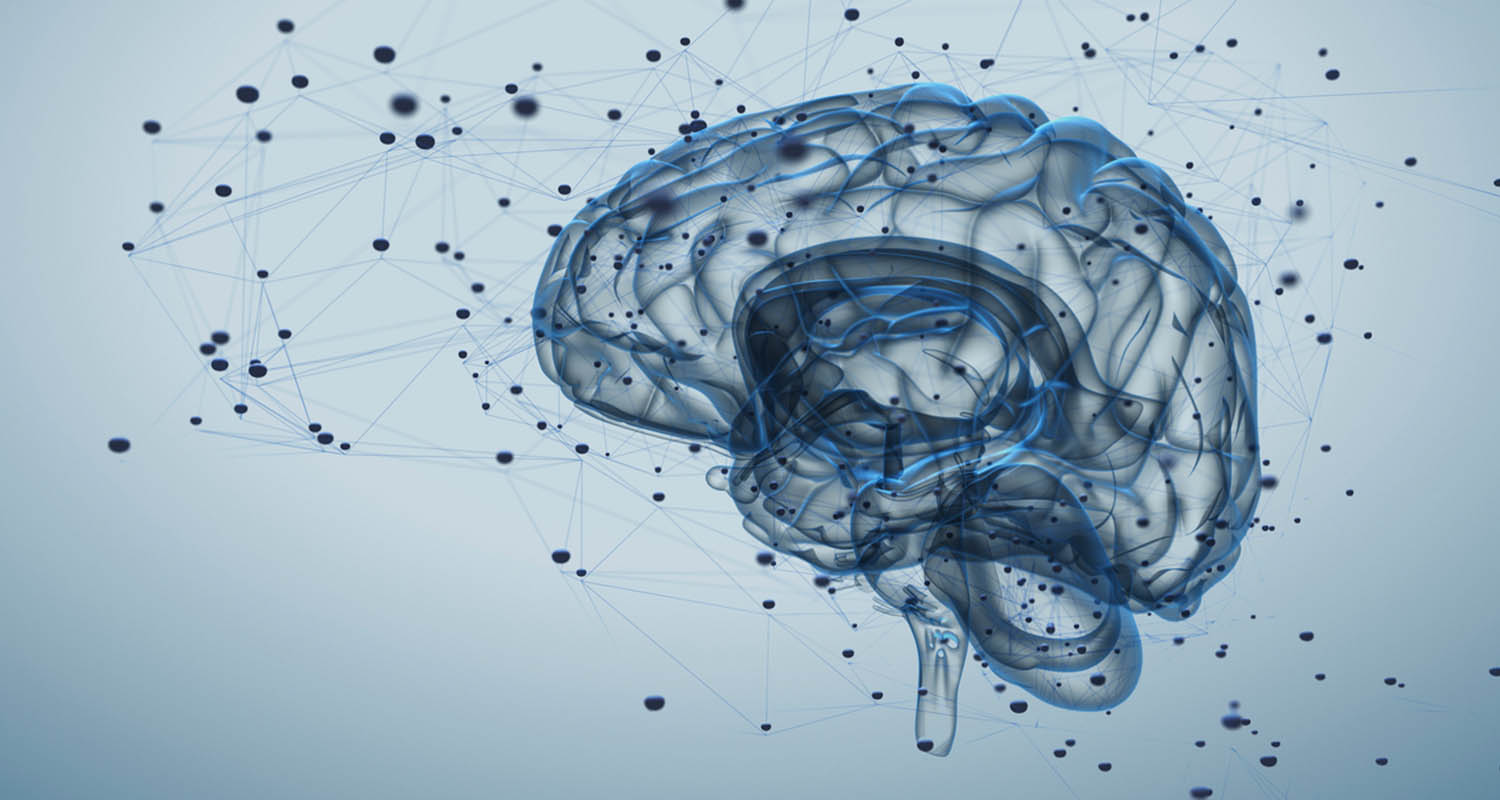
Adenosine is an essential part of your sleep cycle. It builds up in your brain when you’re awake, gradually slowing down your mental function. By the end of the day, you’ve accumulated enough adenosine that your brain activity is low and you start to feel sleepy. During sleep, your brain breaks down adenosine. When enough of it is gone, you wake up and start the cycle again.
Adenosine binds to receptors on your brain cells, much like a lock fits into a key. Here’s where things get cool: caffeine looks almost identical to adenosine — it’s like a near-perfect duplicate key — so it can also bind to adenosine receptors. But caffeine doesn’t activate the receptors; it fills them up so adenosine can’t get in. When caffeine is locked into your receptors, adenosine can’t bind to them and make you sleepy. The result is that you feel more alert.[ref url=”https://www.ncbi.nlm.nih.gov/pubmed/20164566″]
This mechanism also explains why you’re better off avoiding caffeine as the day goes on. Blocking adenosine is great in the morning, when you want to feel sharp. But if you drink caffeinated coffee too close to bed (say, after 2PM), it’ll interfere with your sleep.
It’s important to note that caffeine isn’t stopping your adenosine production, which is why drinking coffee in the morning won’t mess with your sleep-wake cycle. You’re still producing all your normal adenosine; you just can’t feel its effects because caffeine temporarily blocks them.
Coffee and dopamine: why coffee makes you happier
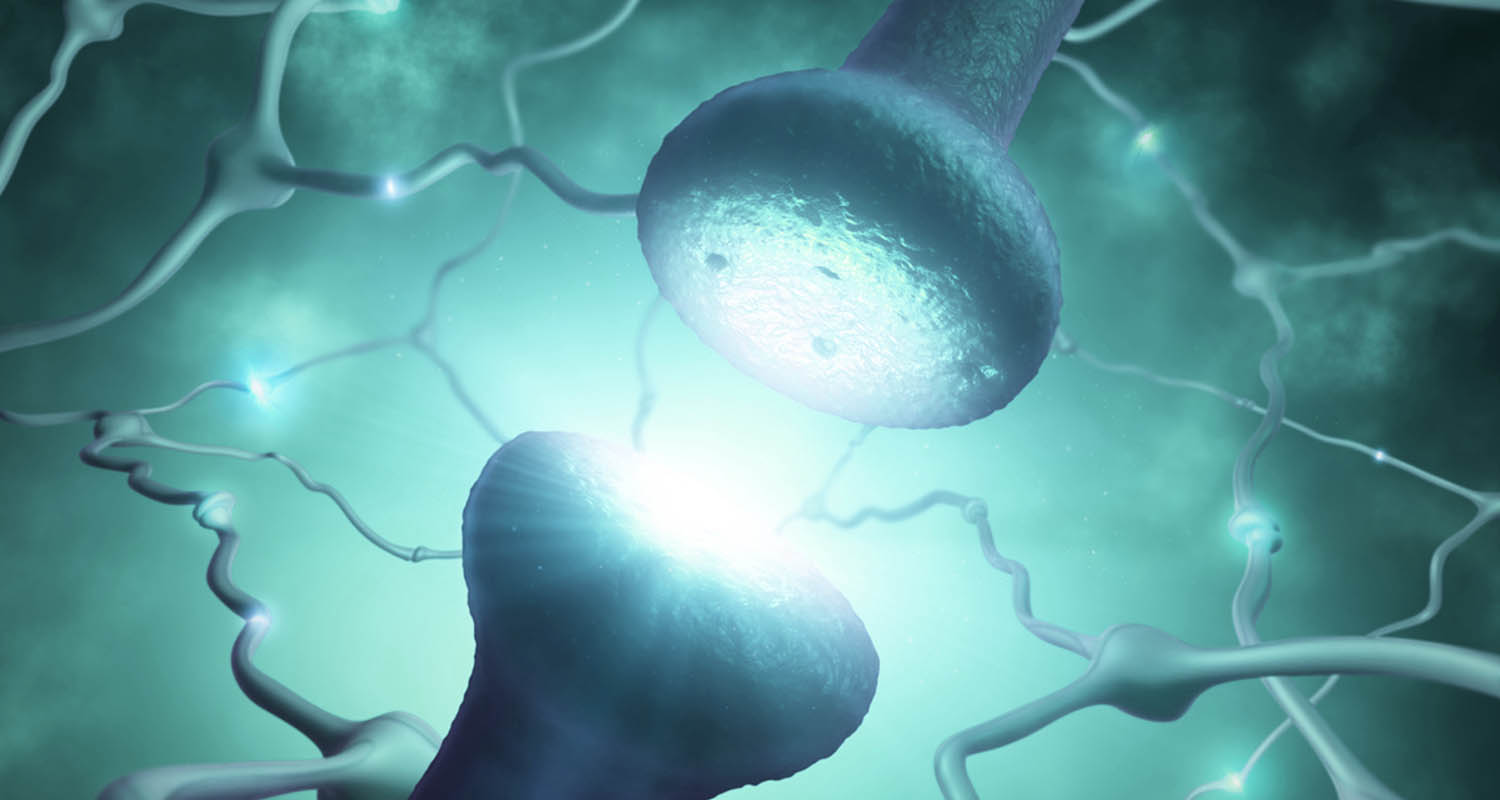
Coffee increases the neurotransmitter dopamine, and specifically dopamine that binds to D2 and D3 receptors, which are involved in mood, feelings of pleasure, and alertness.[ref url=”https://www.ncbi.nlm.nih.gov/pmc/articles/PMC4462609/”][ref url=”https://europepmc.org/abstract/med/605627″]
The other stuff in coffee: chlorogenic acid and antioxidants
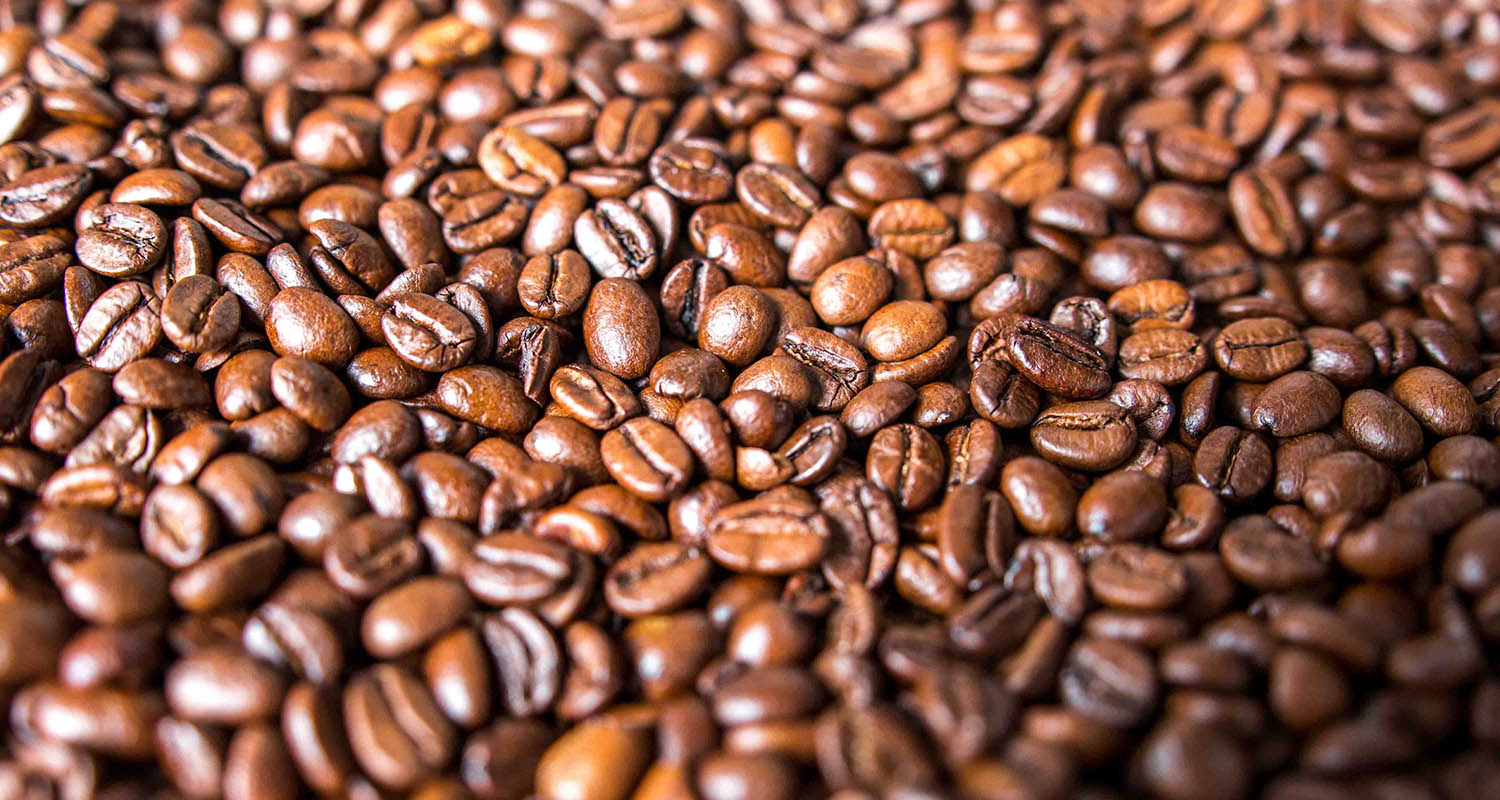
Coffee is packed with a variety of beneficial compounds:
- Cafestol and kahweol are potent anti-inflammatories.[ref url=”https://www.ncbi.nlm.nih.gov/pubmed/15225655″][ref url=”https://www.ncbi.nlm.nih.gov/pmc/articles/PMC3153489/”] Kahweol also strengthens your bones by blocking osteoclasts, compounds that break down bone cells.[ref url=”https://www.jstage.jst.go.jp/article/jphs/118/4/118_11212FP/_article”]
- Chlorogenic acid significantly increases fat loss and stabilizes both blood sugar and blood pressure.[ref url=”https://www.ncbi.nlm.nih.gov/pubmed/16820341″][ref url=”https://www.ncbi.nlm.nih.gov/pubmed/18035001″]
- Hydroxycinnamic acids are powerful plant compounds that protect against oxidative stress and damage.[ref url=”https://www.ncbi.nlm.nih.gov/pmc/articles/PMC3730368/”]
Caffeine sensitivity and genetics: why coffee affects people differently
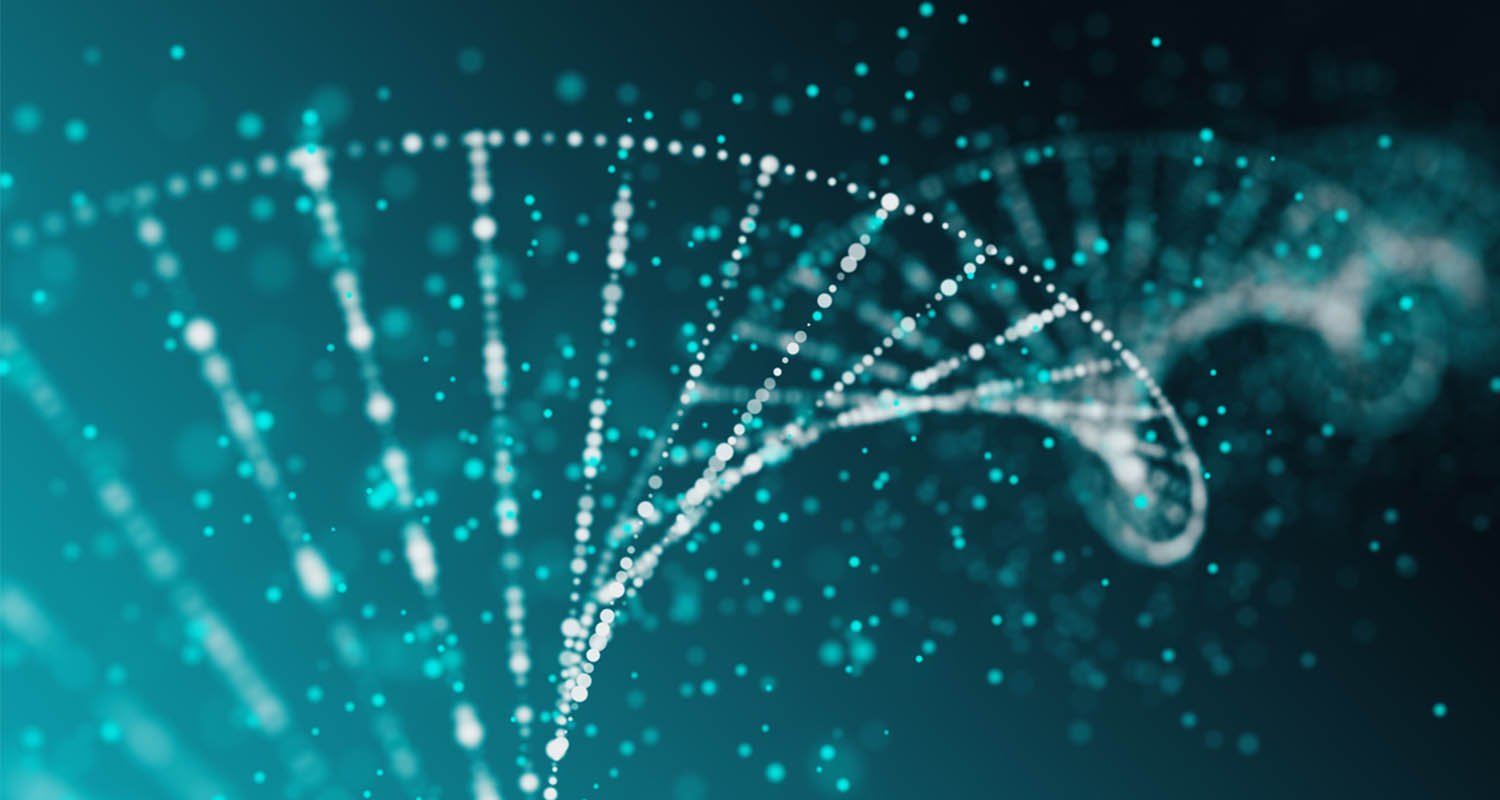
The answer lies in your genetics. Genes play a huge role in how quickly you metabolize caffeine. There are several gene mutations that affect how you break down coffee, which explains why there’s so much variation in how coffee and caffeine affect people.[ref url=”https://www.ncbi.nlm.nih.gov/pubmed/3838675″] These are the “coffee” genes:
- CYP1A2 is an enzyme in your liver that breaks down caffeine. How much CYP1A2 you make depends on your CYP1A2 gene, which varies widely between people.[ref url=”https://www.ncbi.nlm.nih.gov/pubmed/21357676/”][ref url=”http://medicine.iupui.edu/clinpharm/ddis/”]
- AHR is a gene that turns CYP1A2 on and off, meaning even if you have a CYP1A2 gene variant that makes you metabolize caffeine very quickly, it won’t turn on often if you have an AHR variant that isn’t particularly active.[ref url=”https://www.ncbi.nlm.nih.gov/pubmed/21357676/”]
Age also plays a role in caffeine sensitivity. Your caffeine metabolism slows down as you get older, although according to research, many people don’t feel much of a difference.[ref url=”https://www.ncbi.nlm.nih.gov/pubmed/3126525″]
Coffee timeline: The effects of caffeine minute by minute
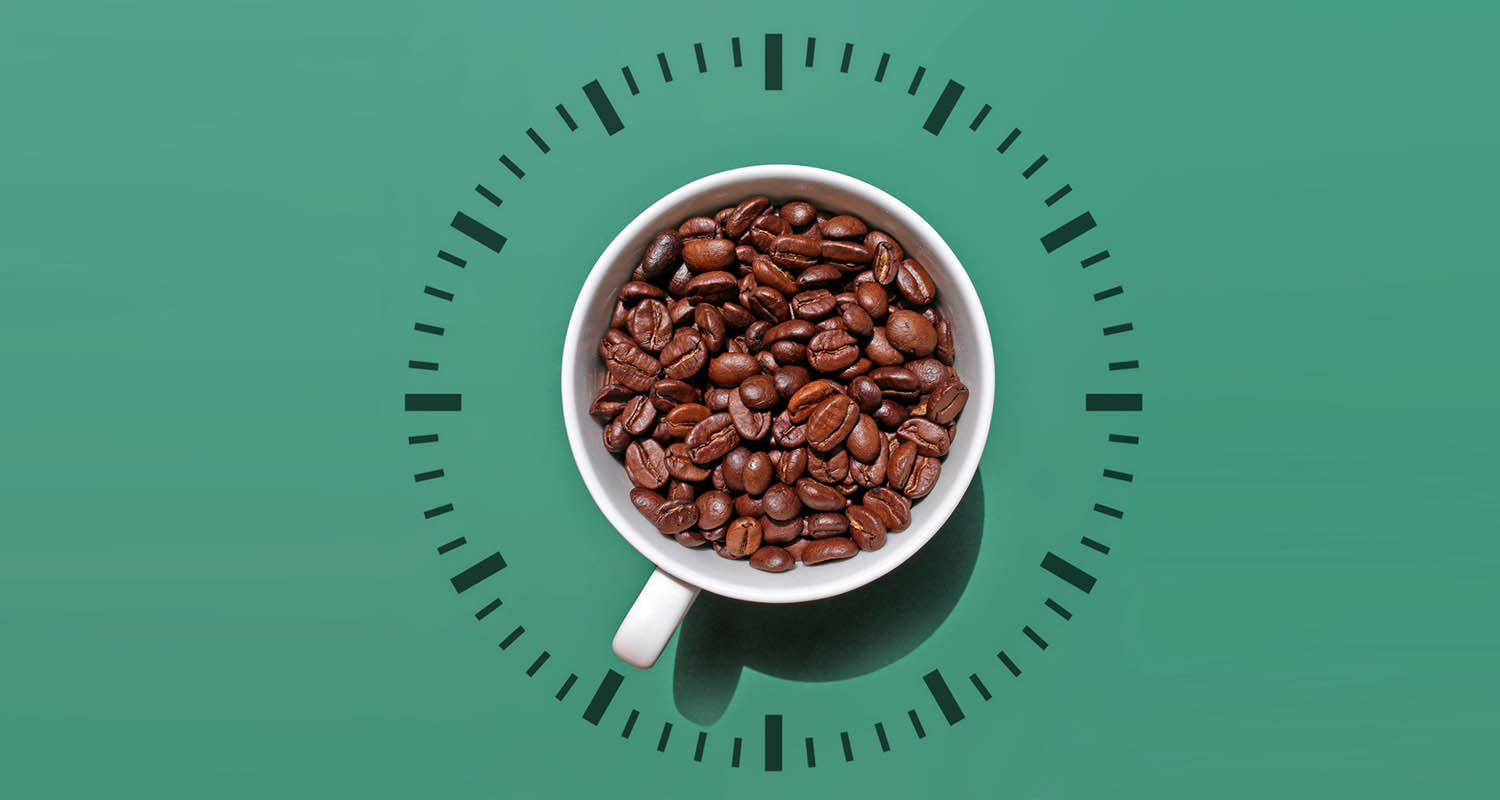
0 minutes: You take your first sip of coffee. The caffeine almost immediately starts making its way into your bloodstream, moving toward your brain.
10 minutes: The first molecules of caffeine hit your brain and start binding to adenosine receptors. You already feel more alert.[ref url=”https://www.sciencedirect.com/science/article/pii/S0278584608002030?via%3Dihub”]
30 minutes: The effects of caffeine and chlorogenic acid work together and begin to suppress your appetite, especially if you’re drinking a lighter roast that’s higher in chlorogenic acid.[ref url=”https://www.ncbi.nlm.nih.gov/pubmed/28446037″][ref url=”https://www.ncbi.nlm.nih.gov/pmc/articles/PMC4033978/”] You also begin to burn fat more efficiently.[ref url=”https://www.ncbi.nlm.nih.gov/pubmed/7369170/”][ref url=”https://www.ncbi.nlm.nih.gov/pubmed/17882140/”] (Think of it as extra fat-burning credit if you’re doing a ketogenic intermittent fast, like Bulletproof.)
45 minutes: Caffeine absorption peaks. Your reaction time speeds up and you become more efficient at doing simple work, although your focus stays the same for complex tasks.[ref url=”https://www.ncbi.nlm.nih.gov/pubmed/20182035″]This is a great time to warm up your brain with easier tasks: Check and write emails, plan your schedule, and work through the basic things on your to-do list while caffeine is on your side.
60 minutes: Altered adenosine leads your brain to release dopamine, giving you a boost in mood.[ref url=”https://europepmc.org/abstract/med/605627″]
2-8 hours: After its peak, caffeine gradually breaks down. During this period you feel sustained, even energy, making it a good time to tackle the harder tasks of the day. How quickly you metabolize caffeine depends on your genetics. If you find you crash during this time, you may be particularly caffeine-sensitive. Try switching to green tea in the morning, which provides a steadier, gentler lift without the crash. (Try: How to Make the Perfect Bulletproof Matcha Latte)
12 hours: You’ve metabolized enough caffeine that you probably feel close to normal (unless you’re a very slow metabolizer). Your adenosine is kicking back in, and you’re starting to wind down for the evening. Caffeine’s effects have mostly worn off.
Basically, coffee has three main phases. For hours 1-2, you feel sharp and are better at simple tasks; for hours 2-8, you have steady, calm focus that’s great for carrying you through the work day; by hour 12, you’re back to baseline.
While normal coffee is great, Bulletproof Coffee will give you an even bigger performance boost. You can find the original Bulletproof Coffee recipe here and learn about the unique benefits of Bulletproof Coffee.
Read Next: Bulletproof Coffee’s Benefits: How It Supercharges Your Morning










